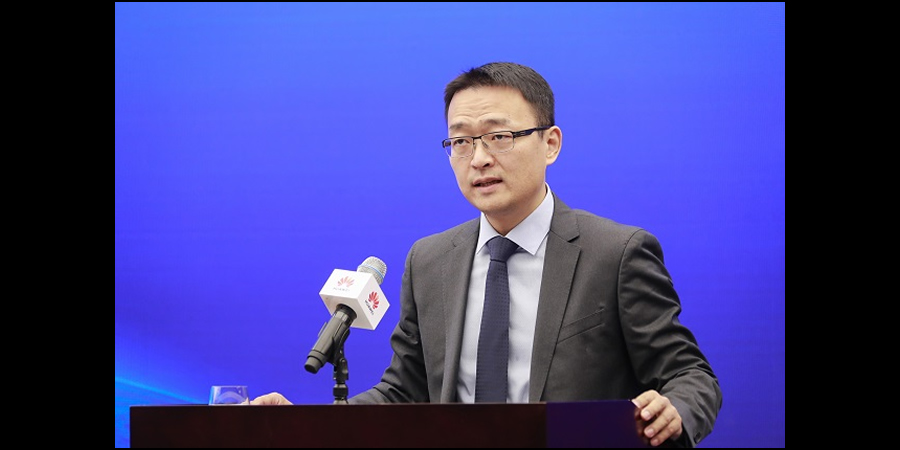The pandemic accelerated digital transformation across many verticals and countries. According to Huawei, global network traffic has increased by 50% in the past year and a half. Demand for home broadband also rapidly grew by 20% in 2020 alone. According to McKinsey's research, COVID-19 has sped up digital transformation by seven years globally.
Karl Song, VP of global communications, Huawei, said, “Digital transformation has become a global consensus. However, countries and industries are in different stages of development, so they face different challenges. That means they need to adapt digitalization strategies and solutions to their own pace. So, there is still a long way to go before we become truly digital.”
“Huawei's vision and mission is to bring digital to every person, home and organization for a fully connected, intelligent world. I believe helping industries go digital is an important part of this mission,” Song added.
Speaking to the media on the sidelines of HUAWEI CONNECT 2021, Huawei's annual flagship event for the global ICT industry, Karl Song stated that digital infrastructure that centers on connectivity and computing is the foundation of an intelligent world.
He added that ICT infrastructure has become the most basic infrastructure and is critical for the digital economy. In the digital era, stable, high-speed connections, ubiquitous cloud services, and pervasive intelligence will be essential for daily life, work, and production.
Also read: Huawei Cloud: Everything as a Service
Currently, there are 176 commercial 5G networks, more than 10,000 5G-powered industrial digitalization projects, and more than 490 million 5G users around the world. In addition, 81% of organizations worldwide are using cloud computing and related services. AI is also developing faster than ever. AI is now adopted by over 60% of companies in the high-tech, telecoms, finance, and automotive and assembly industries.
When asked to comment about 6G, Karl Song said, “6G is still a future technology, and it is still early for commercial use. Currently, the industry and Huawei have started research and development of 6G and will not be put into commercial use in the near future. According to ITU research, 6G will be put into commercial use after 2030.”
“The Middle East is already a part of the first wave of the global roll-out of 5G. We are committed to working with customers and partners to build a 5G-based ecosystem to provide better user experience, enable national digital transformation, and accelerate the development of the digital economy,” added Karl.
